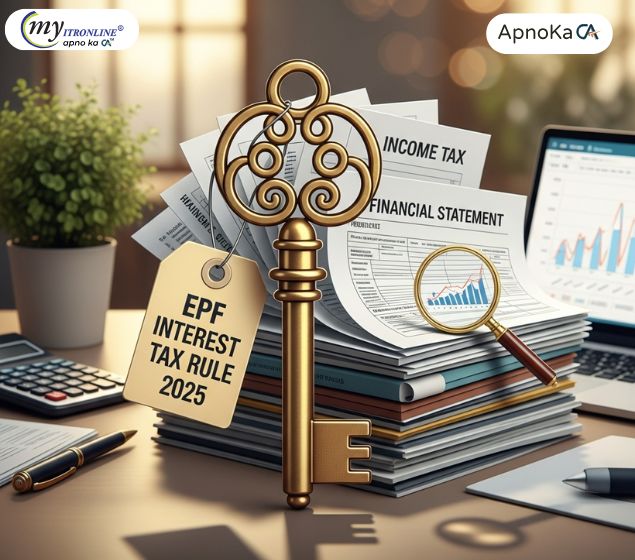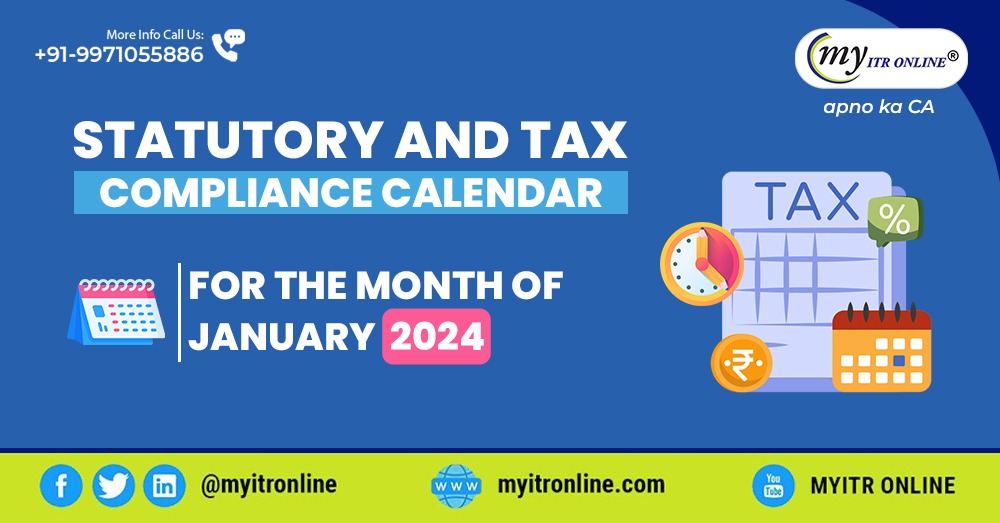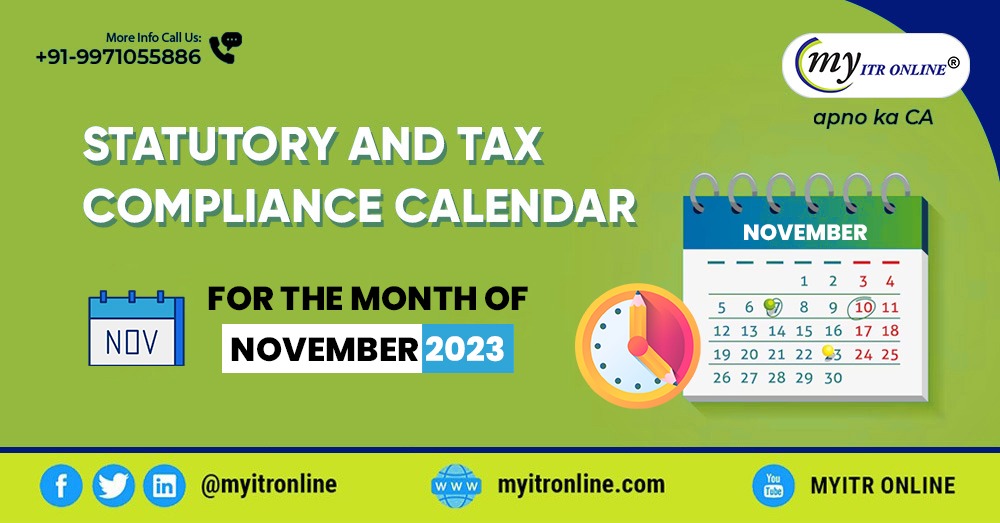Comprehensive Guide to Internal Audits: From Types to Mandatory Compliance
An internal audit is a systematic and unbiased review of an organization's activities, processes, and operations to confirm adherence to policies, laws, and industry standards.

Comprehensive Guide to Internal Audits: From Types to Mandatory Compliance
Following the Companies Act of 2013, an internal audit is a systematic and impartial evaluation of a company's financial, operational, and compliance controls, processes, and systems.
The main objective is to provide the board of directors with assurance regarding the efficiency of risk management, internal controls, and overall governance within the organization.
Internal audit plays a pivotal role in improving and adding value to the company's operations while ensuring compliance with relevant laws and regulations. This guide provides an overview of the role of an internal auditor, the types of internal audits, and the various types of audits.
What is Internal Audit?
An internal audit is a systematic and unbiased review of an organization's activities, processes, and operations to confirm adherence to policies, laws, and industry standards. It aims to assure management by assessing and improving the efficiency of risk management, control, and governance processes.
Understanding the Role of an Internal Auditor:
The role of an internal auditor varies based on the company, the specific type of internal auditor, and the audit focus. Broadly, internal auditors:
1. Objectively assess IT and/or business processes.
2. Evaluate risks and the effectiveness of risk management efforts.
3. Ensure organizational compliance with relevant laws.
4. Evaluate internal controls safeguarding company assets and recommend improvements.
5. Assess business processes to enhance accuracy, efficiency, reliability, and quality.
6. Promote ethical practices and identify improper conduct.
7. Confirm safeguards protecting the organization's resources.
8. Investigate fraud incidents.
9. Document audit procedure results.
10. Communicate findings, best practices, and recommendations to senior management.
11. Provide opinions on overall internal audit results (Unqualified, qualified, adverse, or disclaimed).
Types of Internal Audits
Internal audits, traditionally associated with accounting and financial reporting, have expanded to encompass various areas. Here are examples of different internal audit types:
1. Information Technology Audits: These audits focus on assessing information systems to ensure secure operations and accurate management of sensitive data. Compliance with standards like PCI DSS, ISO 27001, SOC, and HIPAA may be part of these audits.
2. Operation Audits: Operational audits cover diverse areas, examining the adequacy and functionality of internal controls, the consistent and efficient execution of operating procedures, and compliance with regulatory requirements, industry standards, and internal policies.
3. Performance Audits: These audits evaluate an organization's actual performance in comparison to the goals and objectives established by its board of directors or senior leadership members.
For which companies is internal audit mandatory?
Under the Companies Act 2013 in India, internal audit is mandatory for specific categories of companies. Section 138 of the Act outlines the applicability of internal audit to:
1. Every listed company.
2. Unlisted public companies meeting one of the following criteria during the preceding financial year:
a. Paid-up share capital of Rs. 50 crore or more.
b. Turnover of Rs. 200 crore or more of it.
c. Outstanding loans or borrowings from banks or public financial institutions exceeding one hundred crore rupees at any point in time.
Private companies are generally exempt from mandatory internal audits unless stipulated by their articles or deemed necessary by the board.
Who can act as an internal auditor under the Companies Act 2013?
According to the Companies Act 2013 in India, a qualified chartered accountant, cost accountant, or company secretary can serve as an internal auditor. The chosen individual must not be employed by the company and must satisfy the criteria outlined by the board of directors.
How Is an Internal Auditor Distinct From an External Auditor?
Internal auditors, typically company employees, differ significantly from external auditors, who are always external to the organization. While internal auditors focus on various smaller internal audits throughout the year, external auditors conduct a single comprehensive annual audit.
Reports generated by internal auditors are for management use, whereas external audit reports cater to external entities such as investors, shareholders, clients, lenders, and stakeholders. Additionally, internal auditors can serve as internal consultants, a role prohibited for external auditors within the same organization.
Why is it vital to conduct internal audits?
Conducting thorough internal audits is essential for various reasons. It aids in pinpointing operational inefficiencies, ensuring compliance with regulations, mitigating risks, detecting fraud, and providing valuable insights for continuous improvement.
Thorough audits improve transparency, accountability, and the organization's overall performance by revealing areas that may need attention or optimization.
What are the crucial components of the internal audit report?
An internal audit report typically comprises:
1. Executive Summary: Offers a concise overview of the audit, key findings, and recommendations.
2. Introduction: Briefly explain the purpose and scope of the audit, including the areas examined.
3. Objective and Scope: Clearly define the audit’s goals and the extent of the examination.
4. Methodology: Describes the audit approach, techniques, and data sources.
5. Background Information: Provides context about the audited area, relevant policies, and procedures.
6. Findings: Presents detailed information on issues identified during the audit, supported by evidence.
7. Recommendations: Suggest actions to address identified issues and improve processes.
8. Management Response: Includes the management’s feedback on the findings and their plans for corrective action.
9. Appendices: Additional supporting documents, charts, or graphs that enhance understanding.
10. Conclusion: Summarizes the overall audit results and reiterates the importance of implementing recommendations.
All these components collectively contribute to a comprehensive internal audit report that efficiently conveys findings, recommendations, and corrective actions.
What are the essential attributes of becoming an internal auditor?
To excel as an internal auditor, key attributes include:
1. Analytical Skills: Ability to analyze complex data and identify patterns or discrepancies.
2. Attention to Detail: Thoroughness in reviewing and assessing information to ensure accuracy.
3. Communication Skills: Clear communication is crucial for conveying findings and recommendations to various stakeholders.
4. Ethical Judgment: Upholding ethical standards is essential when dealing with sensitive information.
5. Problem-Solving: Capability to identify issues, propose solutions, and make informed decisions.
6. Knowledge of Regulations: Understanding relevant laws and regulations impacting the industry.
7. Risk Management: Assessing and managing risks within the organization effectively.
8. Adaptability: Flexibility to navigate changing business environments and emerging risks.
9. Technology Proficiency: Familiarity with audit tools and software to enhance efficiency.
10. Teamwork: Collaborating with colleagues and departments to achieve audit objectives.
11. Time Management: Efficiently managing time to meet deadlines and complete audits.
12. Continuous Learning: Staying updated on industry trends, regulations, and audit methodologies.
Combining these attributes contributes to a well-rounded skill set for a successful career in internal auditing.
Also Read: Income Tax Exemptions: A Closer Look at Section 10(14)(i) of The Income Tax Act
FILING YOUR INCOME TAX RETURN F.Y 2024-25 (A.Y. 2025-2026) WITH MYITRONLINE
The income tax filing deadline is right around the corner. If you haven’t filed yet, do it today with Myitronline! Avoid last minute rush and file your tax return today on MYITRONLINE in Just 5 mins.(www.myitronline.com)
If you are looking for eCA assistance to file your income tax return/ GST, you can opt for MYITRONLINE eCA assisted plan starting
Upload Salary Individual Form-16
If you have any questions with filing your tax return, please reply to this mail. info@myitronline.com OR call 9971055886,8130309886.
Note-All the aforementioned information in the article is taken from authentic resources and has been published after moderation. Any change in the information other than fact must be believed as a human error. For queries mail us at marketing@myitronline.com
Krishna Gopal Varshney
An editor at apnokacaKrishna Gopal Varshney, Founder & CEO of Myitronline Global Services Private Limited at Delhi. A dedicated and tireless Expert Service Provider for the clients seeking tax filing assistance and all other essential requirements associated with Business/Professional establishment. Connect to us and let us give the Best Support to make you a Success. Visit our website for latest Business News and IT Updates.
Leave a reply
Your email address will not be published. Required fields are marked *Share this article
Krishna Gopal Varshney, Founder & CEO of Myitronline Global Services Private Limited at Delhi. A dedicated and tireless Expert Service Provider for the clients seeking tax filing assistance and all other essential requirements associated with Business/Professional establishment. Connect to us and let us give the Best Support to make you a Success. Visit our website for latest Business News and IT Updates.
View articles











.jpg
)
.jpg
)
.jpg
)
.jpg
)






